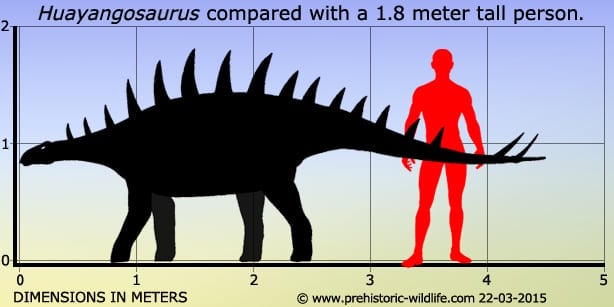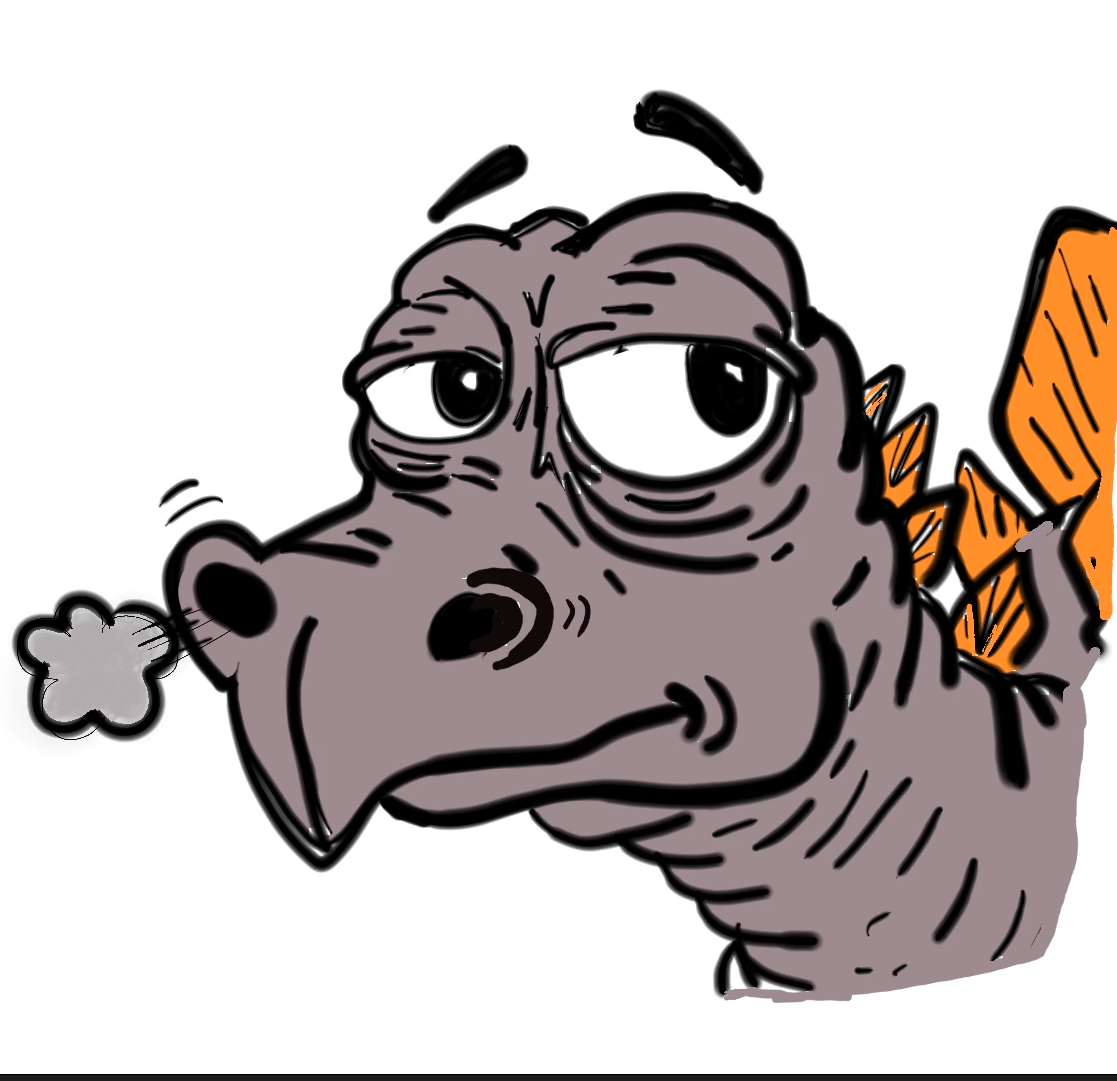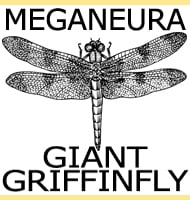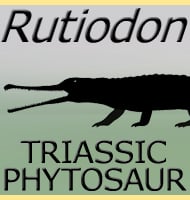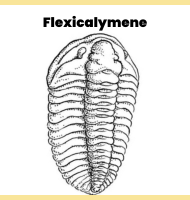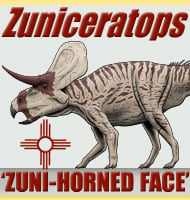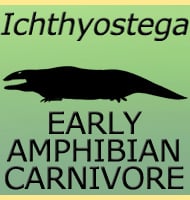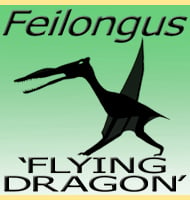In Depth
With fossils going back to the mid Jurassic, it comes as no surprise that Huayangosaurus is a more primitive stegosaur than better known genera from the late Jurassic. The skull of Huayangosaurus is broader than later forms which reveals it was not as well adapted to selective browsing. The premaxilla also still has teeth, which would disappear from more advanced forms. The back plates of Huayangosaurus are tall and spike-like though a clear distinction can still be made between them and proper spikes. The thagomizer of the tail has the stegosaur standard of two pairs of spikes that point out to the sides.
Huayangosaurus is the best known stegosaur from the Lower Shaximiao Formation, with other stegosaur genera from the collective Dashanpu Formation which include Chungkingosaurus, Chialingosaurus, Gigantspinosaurus and Tuojiangosaurus all being recovered from the upper Shaximiao Formation. Conditions in Dashanpu seem to be conducive to producing small stegosaurs since out of these four, only Tuojiangosaurus is bigger than Huayangosaurus.
Huayangosaurus still lived amongst similar fauna to its later relatives, with the next dominant type of herbivores being sauropods such as Omeisaurus and Shunosaurus being common. Huayangosaurus also had no shortage of potential predators with candidates including Yangchuanosaurus, Xuanhanosaurus, Gasosaurus and Kaijiangosaurus, with possible others also posing threats.
Further Reading
– Note on the new Mid-Jurassic stegosaur from Sichuan Basin, China. – Vertebrata PalAsiatica 20(1):83-87. – Z. Dong, Z. Tang & S.-w. Zhou – 1982. – The skull of the basal stegosaur Huayangosaurus taibaii and a cladistic diagnosis of Stegosauria. – Journal of Vertebrate Paleontology 51: 318-343. – P. Sereno & Z. -M. Dong – 1992. – Re-description of the postcranial skeleton of the Middle Jurassic stegosaur Huayangosaurus taibaii. – Journal of Vertebrate Paleontology, 26: 944-956. – S. C. Maidment, G. -B. Wei & D. B. Norman – 2006.
